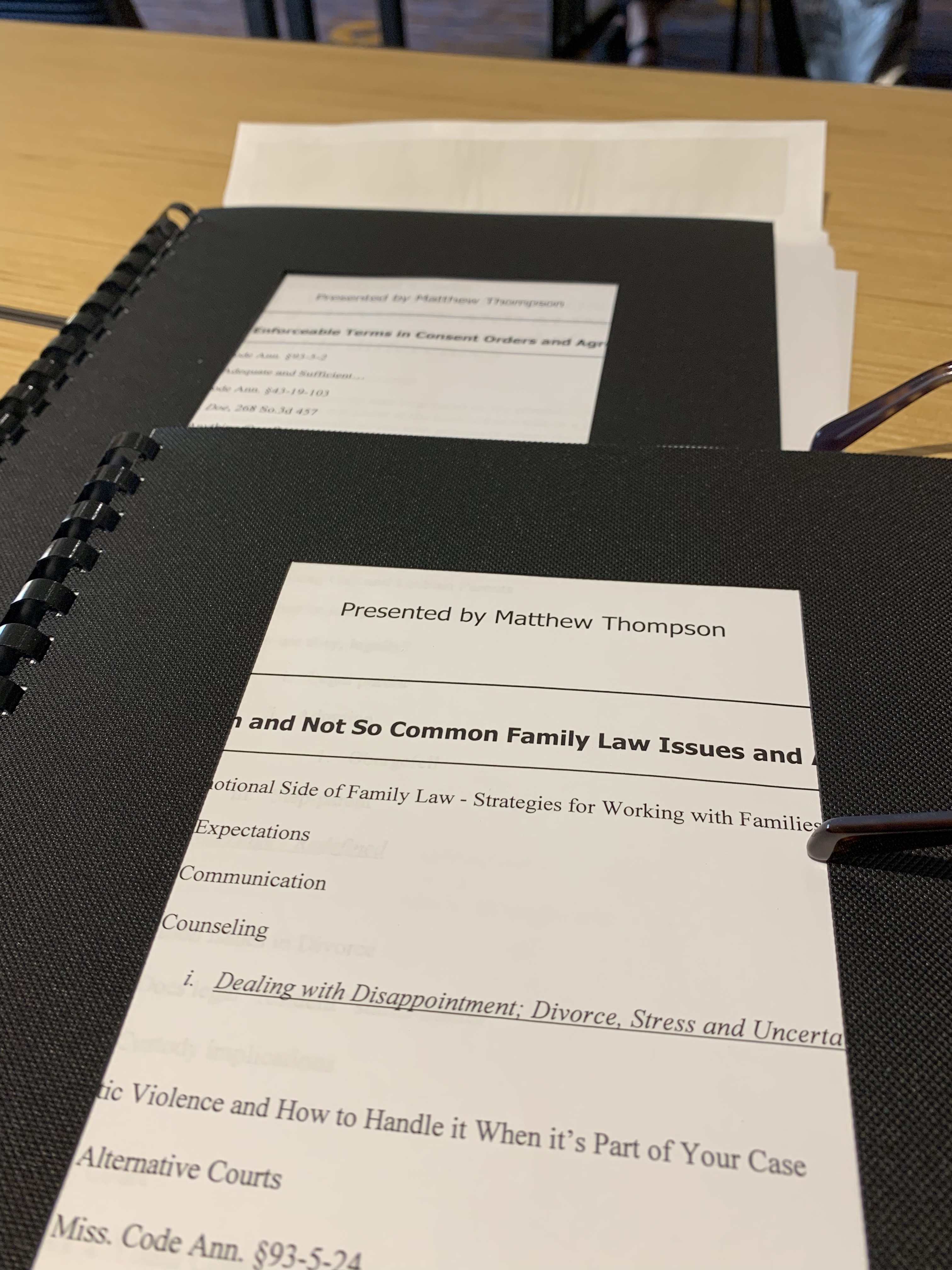I have written several times on sometimes just not being ready. I have seen multiple instances of person just not being ready…

What are the signs of Not Being Ready?
Things are moving TOO Fast.
The divorce process is actually fairly slow in Mississippi. It is typically at least 60 days with the average cases taking closer to 90 days, if uncontested. If contested, the case could take 6-18 months. A few take even longer!
Things are TOO Emotional.
Of course divorce is highly emotional. In some respects you may never “get over it.” However, the best results require that you treat the financial aspects as a business transaction. If you are so focused on the emotion, getting even or some other aspect, you’ll regret it later.
It makes NO Sense.
If you are in a brain fog and cannot explain in plain terms what the lawyer has explained to you, you may not be ready. I don’t expect you to know every legal term of art, but there are some very important concepts you need to understand.
It’s TOO Hard.
Getting to simple agreements is a Herculean effort. When commonsense has left the station.
These are just a few indicators of Not being ready. Be on the lookout for these signs in your spouse and/or yourself. Recognizing these issues will allow for them to be better handled.
Matthew Thompson is a Divorce and Custody lawyer in Mississippi and warns you that negotiating a divorce when you are not ready may result in regret.







 should if at all possible refrain from calling any of the children of their marriage, of tender years at least, as witnesses, and counsel should advise their clients against doing so except in the most exigent cases.”- Jethrow v. Jethrow
should if at all possible refrain from calling any of the children of their marriage, of tender years at least, as witnesses, and counsel should advise their clients against doing so except in the most exigent cases.”- Jethrow v. Jethrow